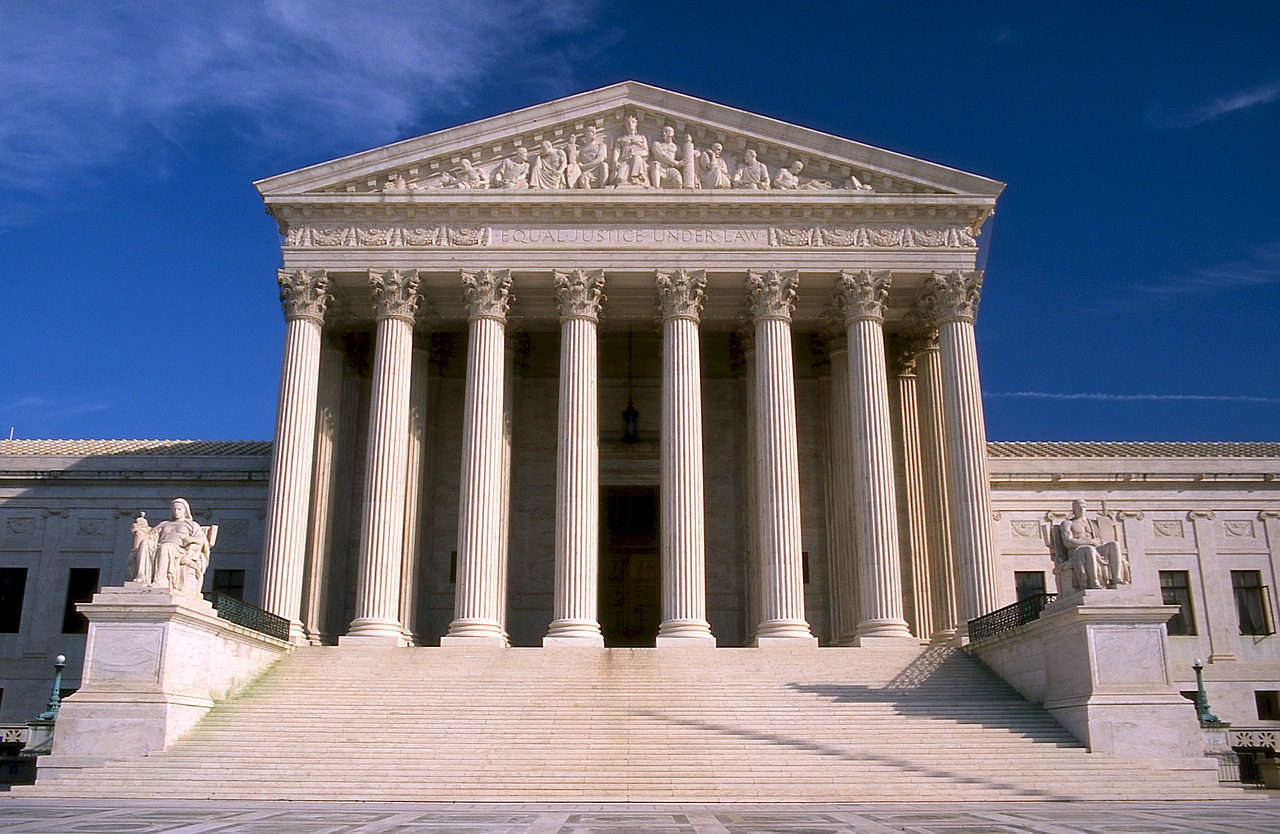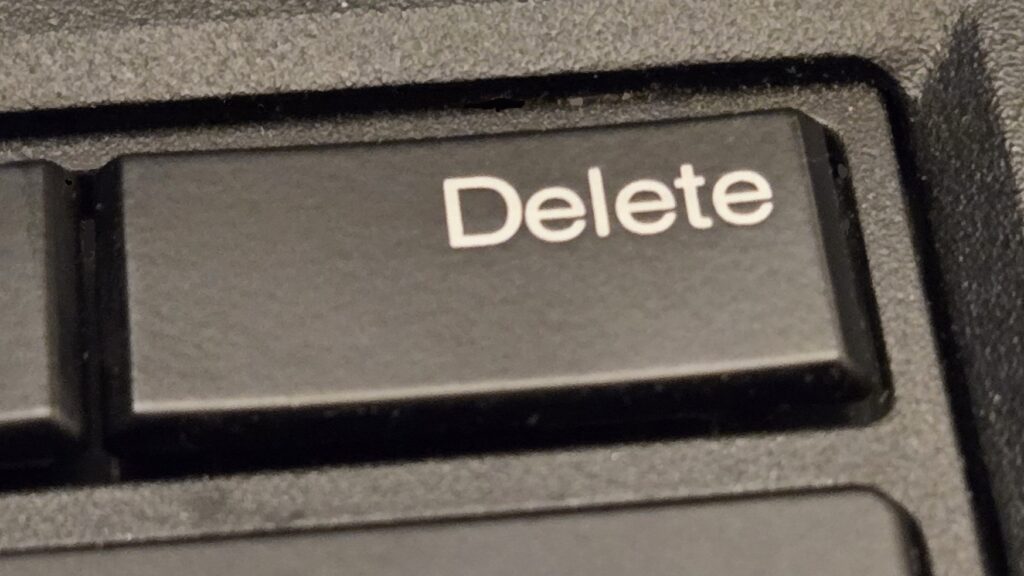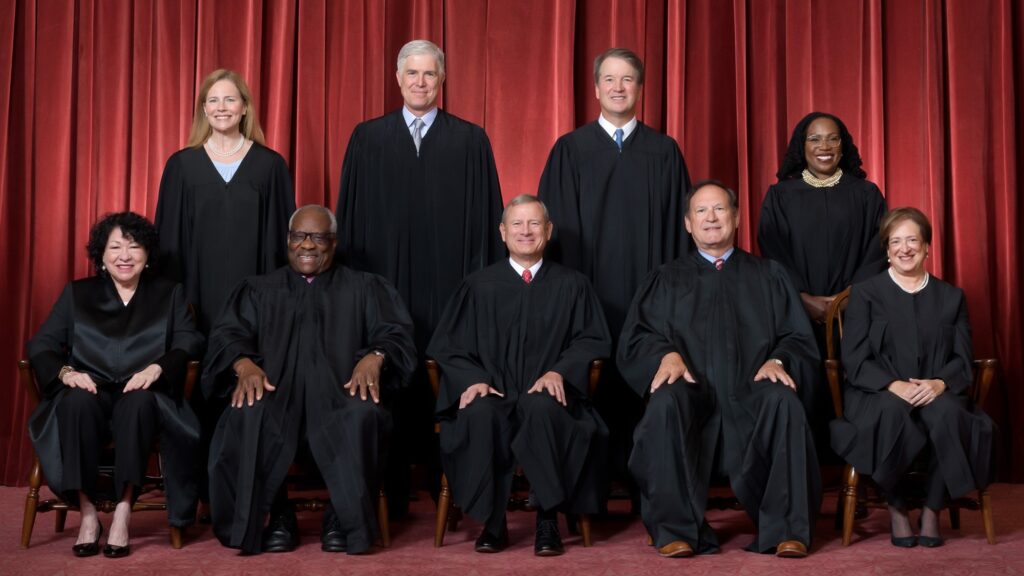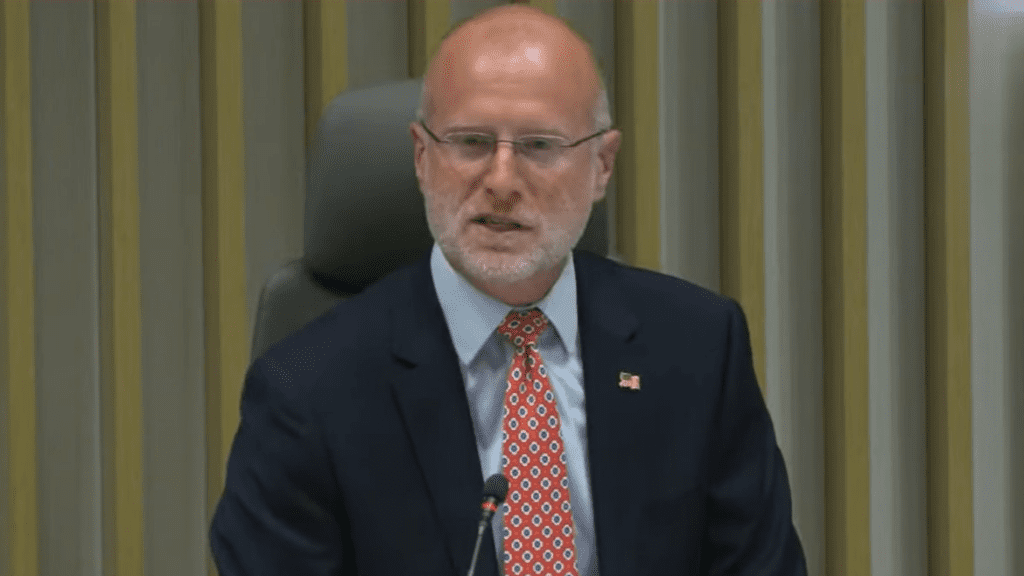Supreme Court Overturns Chevron, Placing Doubt on Title II Order
Randy Sukow
|

The United States Supreme Court today overturned its 1984 decision in Chevron U. S. A. Inc. v. Natural Resources Defense Council, Inc., which established the often invoked “Chevron deference.” Federal government opinions will no longer have the same case-determining, “expert agency” weight that they have held for the past 40 years. For the broadband communications world, the decision puts doubt on the future of the FCC’s April order reinstating Title II telecommunications regulations on broadband providers.
Chevron deference required the court had to determine whether Congress issues ambiguous or unaddressed in a given statute. If the court ruled that the statute was ambiguous or silent, it would defer to the government agency’s interpretation of the statute. In a 6-3 decision the court found that it was delegating too much of its judgment to the executive branch.
“Courts must exercise their independent judgment in deciding whether an agency has acted within its statutory authority, as the APA [Administrative Procedure Act] requires,” wrote Chief Justice John Roberts in the 35-page majority opinion. “Careful attention to the judgment of the Executive Branch may help inform that inquiry … But courts need not and under the APA may not defer to an agency interpretation of the law simply because a statute is ambiguous.”
In the case of the FCC’s recent Title II order, Chairwoman Jessica Rosenworcel has noted the order’s structural similarity to the Commission’s 2015 order that initially imposed telecommunication regulation on broadband providers. The U.S. Court of Appeals for the DC Circuit later upheld that order. “These policies were court-tested and approved,” she said in April.
However, the FCC relied heavily on Chevron in that 2017 case. The Yale Journal on Regulation published a September 2023 analysis finding that a future Title II order could be reversed due to growing Supreme Court preference for the Major Questions Doctrine. “With the Chevron doctrine already in hospice care, if not at death’s door, and the Major Questions Doctrine now firmly embedded in the Supreme Court’s jurisprudence, the odds of the FCC’s action surviving are low,” the Yale Journal analysis found. Chevron has officially walked through the door.
One argument of Chevron opponents was that it created regulatory uncertainty, which often leads to less monetary investment in the regulated industry. “Each time, the government claimed its new rule was just as ‘reasonable’ as the last. Rather than promoting reliance by fixing the meaning of the law, Chevron deference engenders constant uncertainty and convulsive change even when the statute at issue itself remains unchanged,” said Justice Neil Gorsuch in a concurring opinion.
That is what has happened with Title II regulation. The FCC during the Obama Administration established Title II regulations; the FCC under Trump repealed them; the FCC under Biden reinstated them, and most expect that the FCC will repeal them again if Donald Trump retakes the presidency in November. Each could invoke Chevron in court. In theory, that sort of flip-flopping will end if the courts develop their own precedents rather than rely on Chevron deference.
Chevron supporters on the court said that the doctrine has been in place for more than 40 years and “has become part of the warp and woof of modern government,” as Justice Elena Kagan said in a dissenting opinion. “It knows that those statutes will inevitably contain ambiguities that some other actor will have to resolve, and gaps that some other actor will have to fill. And it would usually prefer that actor to be the responsible agency, not a court,” Kagan said.


